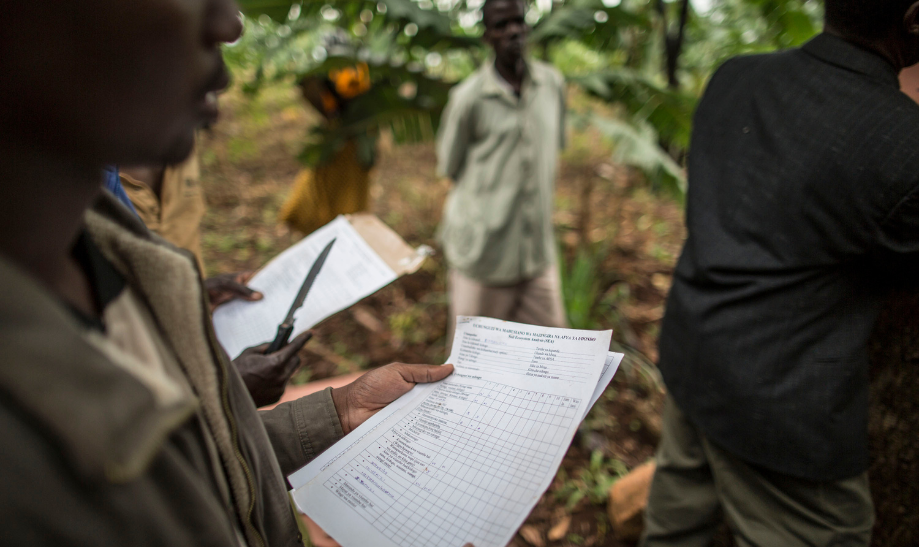The FAO Sustainable Development Goals (SDGs) Helpdesk is a gateway to FAO's knowledge, tools and expertise for assisting Members and other actors, implement the 2030 Agenda and achieve the 17 SDGs through the transformation of our global agrifood systems. Explore the platform to understand how FAO supports Member to Accelerate SDG progress through knowledge and information; how we empower our partners to Champion SDGs on the ground and Transform our agrifood systems through innovative action.

Insight
FAO at the Tenth Session of the Africa Regional Forum on Sustainable Development
Taking place from 23-25 April, the Tenth Session of the Africa Regional Forum on Sustainable Development is an annual intergovernmental forum which aims to assess progress and exchange knowledge, best practices, and policy solutions to support the 2030 Agenda for Sustainable Development, in line with regional priorities. Read more about FAO's participation in the Forum here.

Podcast
Podcast: A spotlight on sustainable agrifood systems at the UN General Assembly and SDG Summit
FAO warns the world is drifting from development goals due to multiple shocks; and a look ahead to the next events that dig into specifics of sustainability in agrifood systems.
FAO and the Sustainable Development Goals
25/11/2022

Publication
FAO and the Sustainable Development Goals
Achieving the 2030 Agenda through empowerment of local communities
.png?sfvrsn=32282027_11)
Key Document
Tracking progress on food and agriculture SDG indicators 2023
The latest data indicate that most of the food- and agriculture-related SDG targets are still far from being achieved.


